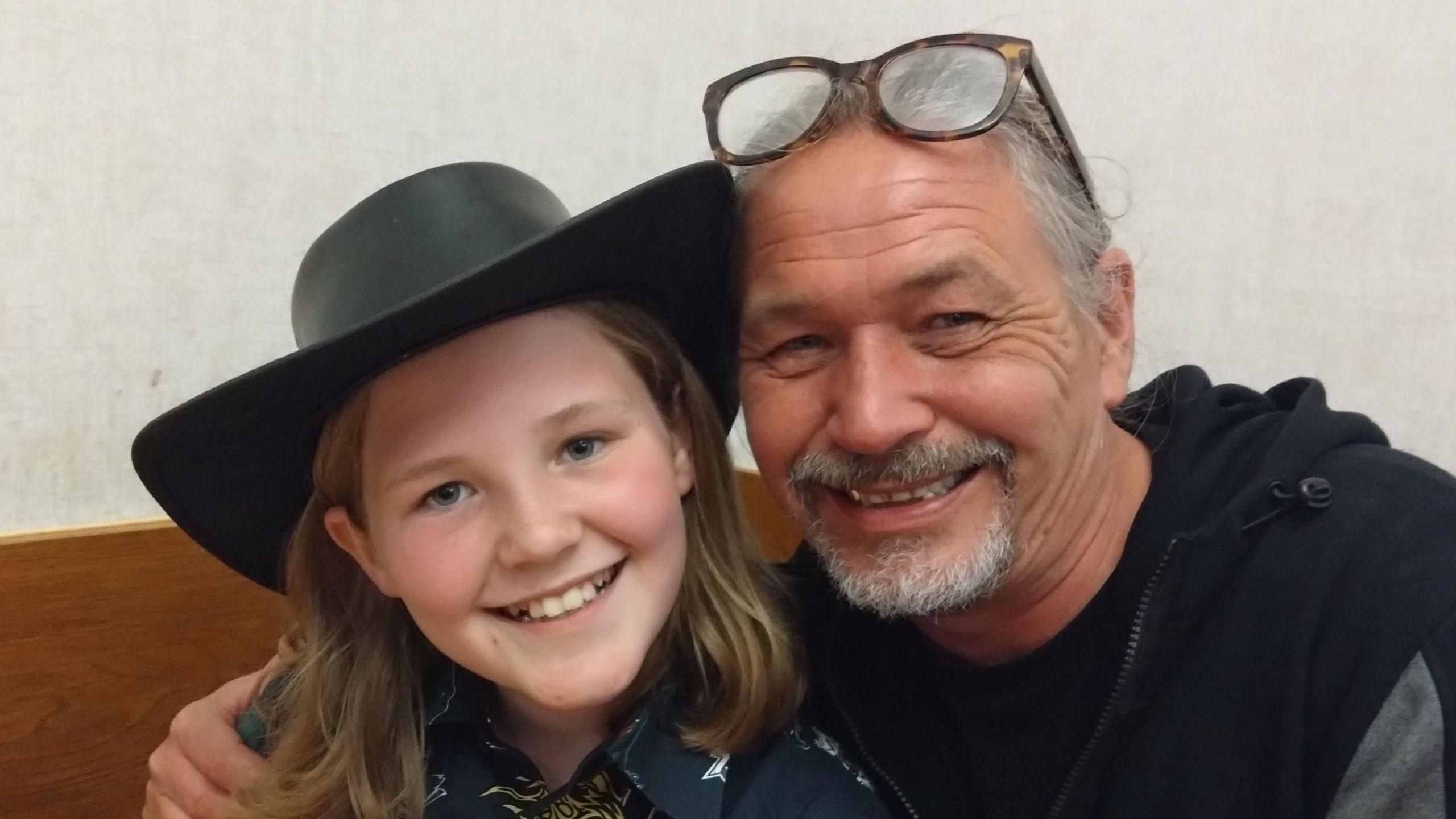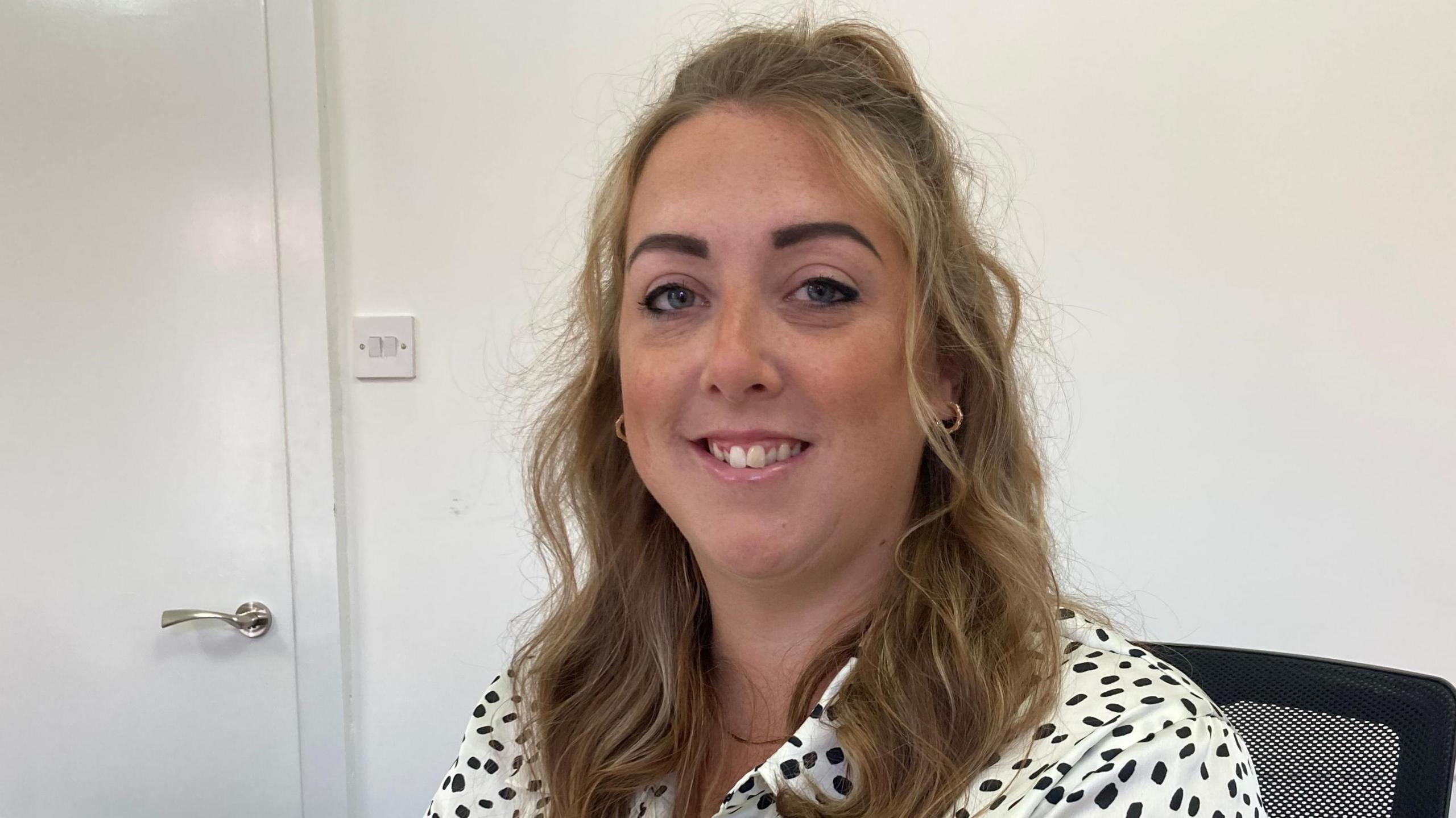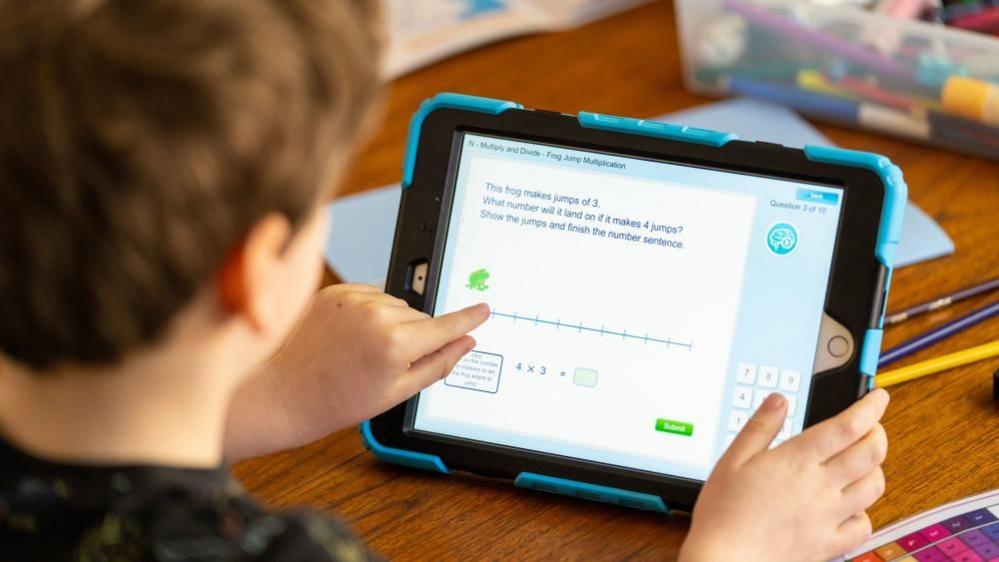Parents divided over changes to home-schooling

Richard (right) says he knows what is best for his son Kurt
- Published
A parent who home-schools his son fears changes to the rules could lead to children like his being sent back into mainstream education.
The government says the Children's Wellbeing and Schools Bill will safeguard young people by introducing a register of those not in school and allowing local authorities to intervene if the home environment is assessed as unsuitable.
Richard, whose 12-year-old son Kurt has ADHD and is home-schooled in Yorkshire, said he worried about "red tape" and feared children who were struggling would "automatically be sent back to school", rather than being given additional support.
But Beth Fisher, a tutor from Hornsea who home-schools her daughter, said a register could prevent children "falling through the cracks".
The number of children educated at home in East Yorkshire and Lincolnshire has increased by 87% in three years, from 2,932 in 2021-22 to 5,477 in 2024-25, local authority figures show.
Richard, who lives in Wakefield and co-parents Kurt with his ex-wife, from Bridlington, said: "I think parents have a sense of what's right for their child and their best interests.
"Kurt doesn't respond well in a classroom situation. We've gone to museums, he's spoken to curators. He responds better to that type of learning. It's more hands on."
"He needs to take time out," Richard added. "School doesn't really cater to that need."
Miss Fisher, who works at The Success Centre in Hornsea, believes the rise in the number of home-educated children is being fuelled by a "lack of resources" in schools for children with special educational needs.
The majority of parents she spoke to were "strongly opposed" to the Bill, but she believed this was due to a "misunderstanding".

Beth Fisher says the Bill will help ensure children are kept safe
"The local authority is not there to be a parent to your child, but to support you as a parent," Miss Fisher said.
"They're not going to make decisions on your behalf unless they absolutely have to.
"And if you're at that extreme, absolutely the local authority should be helping you, because it means your child is vulnerable or at risk."
"Let's share some information, let's make sure these children are safe and they're getting the provision they require."
The Bill was introduced following the death of 10-year-old Sara Sharif, who was murdered by her father and step-mother in Woking, Surrey.
She was removed from primary school to be home-educated four months before she died.
Under the provisions of the Bill, which is making its way through the House of Lords, parents of children who are subject to child protection plans or investigation, or attend a special school, will need local authority consent before they can home-educate them.
'Hated' school
Richard said he agreed more needed to be done to safeguard young people, but feared officials would not understand the individual needs of children like Kurt, who struggled to settle in three schools and has been home-educated for the past three years.
Kurt said he "hated" school and would "get distracted after 15 minutes if it was something I wasn't interested in". He added: "The words would just go over me".
He was now "back to being himself" and "learning at a great rate that's suited to his needs and his mind", Richard said.
But Richard, who also has ADHD, said he feared the new Bill would make it harder for him to continue their progress.
He said he was concerned about having to fill in more forms and would struggle with "red tape" if he did not have a strong a strong support network around him.
"If I had to contend with [the measures in] this Bill myself it would force somebody like me to put Kurt back into school," he added.
The government said it would only ask parents to "submit basic identifying information and high-level details about the child's education".
A spokesperson for the Department for Education said parents would "not be required to list out every website or e-learning resource their child accesses".
"We recognise that home education can be the right choice for some families, when it is suitable and in the child's best interests," the spokesperson said.
"The Children Not in School registers... will not take away parents' right to home educate, but will help local authorities to identify those children who are not receiving a suitable education and to take action to support them."
Listen to highlights from Hull and East Yorkshire on BBC Sounds, watch the latest episode of Look North or tell us about a story you think we should be covering here, external.
Download the BBC News app from the App Store, external for iPhone and iPad or Google Play, external for Android devices
Related topics
- Published7 January

- Published17 December 2024
